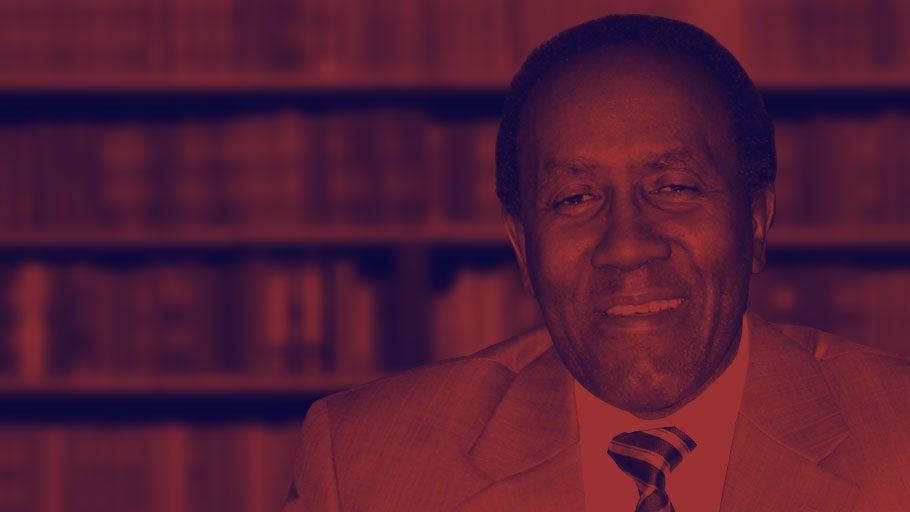It is ironical that the birthplace of the major religions of the world is the geographical region of untold bloodletting. Peace between Israel and Palestine has become a John Terry pipe dream. The factions in Lebanon remain delicately balanced. The civil war in Syria has precipitated a refugee crisis of epic proportions. The Iraqi government dominated by Shia is now threatened by an off-shoot of Al Qaeda, the Islamic State of Iraq and Syria (ISIS). The Taliban tried relentlessly to derail the electoral process in Afghanistan. With ISIS to march on Baghdad, America must now ponder what is the appropriate military action to take in Iraq.
Both the Bush administration and the Obama administration were willing to leave a residual force in Iraq to serve as a counter-terrorist force against Al Qaeda and other terrorist militia. The United States insisted that if troops were to remain, the troops would be under the auspices of America’s legal jurisprudence.
The Maliki government’s position was that there would be on Iraqi soil and thus should be under the jurisdiction of Iraqi courts. The failure to arrive at an agreement meant that when the United States’ troops departed, there was no residual force.
The Obama administration has expressed its wish to leave a residual force in Afghanistan when the bulk of America’s arm forces return to the United States and leave the Afghani military to battle with the Taliban. The Karzai government has been adamant, refusing to sign an agreement that would put U.S. forces above the law in Afghanistan. Karzai’s possible successors, the two candidates in the runoff election, have made it clear they will sign the agreement.
Even though religion is at the heart of the raging wars in the Middle East and in Pakistan and Afghanistan, the particular dialectics differ based on the geographical and historical situation. Samuel Huntington in his classic, A Clash of Civilization, argued that with the collapse of the Soviet Union and the ending of the Cold War, the fault lines would not be ideologically based but revolve around the clash of civilization. Certainly the conflict between the non-state actor, Al Qaeda and the West is something of a civilizational conflict. But the gathering storm in the Middle East is not about civilization or ideology but about the internecine warfare between two wings of Islam, the Sunni and the Shiites. It is a religious conflict but it is also about who controls state power and who is subordinate to whom. And the establishment of a democratic system does not necessarily resolve the age-old rivalry.
When Saddam Hussein wielded dictatorial power in Iraq, he was not pre-occupied with religiosity but was driven by promoting his brand of secularism and his grand vision of exercising power on the world stage. Saddam ruled despite the fact that he was a Sunni and Shiites constituted 65 percent of Iraq. His style of leadership was to build a secular state in which Sunni, a minority, exercised hegemony over the majority Shiites. He ruled ruthlessly and promoted Sunni interest in every aspect of Iraqi life. Any attempt by members of the Shiite faith to challenge Saddam was repressed ruthlessly.
The American dethroning of Saddam created the opportunity for the majority and subordinated Shiites to take control of state power. Maliki the Prime Minister of Iraq from the establishment of the democratic state has not been as ruthless as Saddam Hussein but he has not used power to reconcile the age-old conflict between the Iraqi Shiite and the Iraqi Sunni. Maliki has fostered Shia aggrandizement and the Sunni Iraqis have felt marginalized by the Shia dominated government.
The United States government recognized the foolhardiness of such a policy but the spirit of revenge is deeply rooted in Middle East culture. It is this failure to nurture an inclusive state apparatus that has created the conditions for the Islamic state of Iraq and Syria. ISIS is willing to use power in a Saddam-like manner and in their march through the geographical locations where Sunni are concentrated, the Iraqi troops have melted like butter and ISIS has garnered some support among the alienated Sunni.
ISIS is a spillover of the Syrian civil war with the bold intention of redrawing geographical boundaries. This makes for even greater confusion. The Kurds who have been functioning in their section of Iraq autonomously have been yearning for a Kurdish state from the ending of World War 1. The Syrian state is seriously fractured and the design of ISIS is to carve out a majority Sunni state that encompasses parts of Iraq and Syria.
ISIS is part of the terrorist wing of Islam that has difficulty adapting to modern civilization. The United States sees this offshoot of Al Qaeda as constituting a threat to America’s national security interest. America has the military capacity to roll back the ISIS advance and threat to overrun Baghdad. The United States finds itself supporting a Shia dominated government in Iraq, aligned with Iran and possible alienating the Sunni majority states like Saudi Arabia and Egypt.
Whatever course of action or non-action President Obama chooses to make, there will be short term and long term ramifications vis-à-vis the balance of power in the Middle East. These raging wars are not about to end any time soon and there is no support in America for putting boots on the ground in a disintegrating Iraq. What makes the President’s task even more difficult are the cacophony at home and the absence of bi-partisan leadership.















